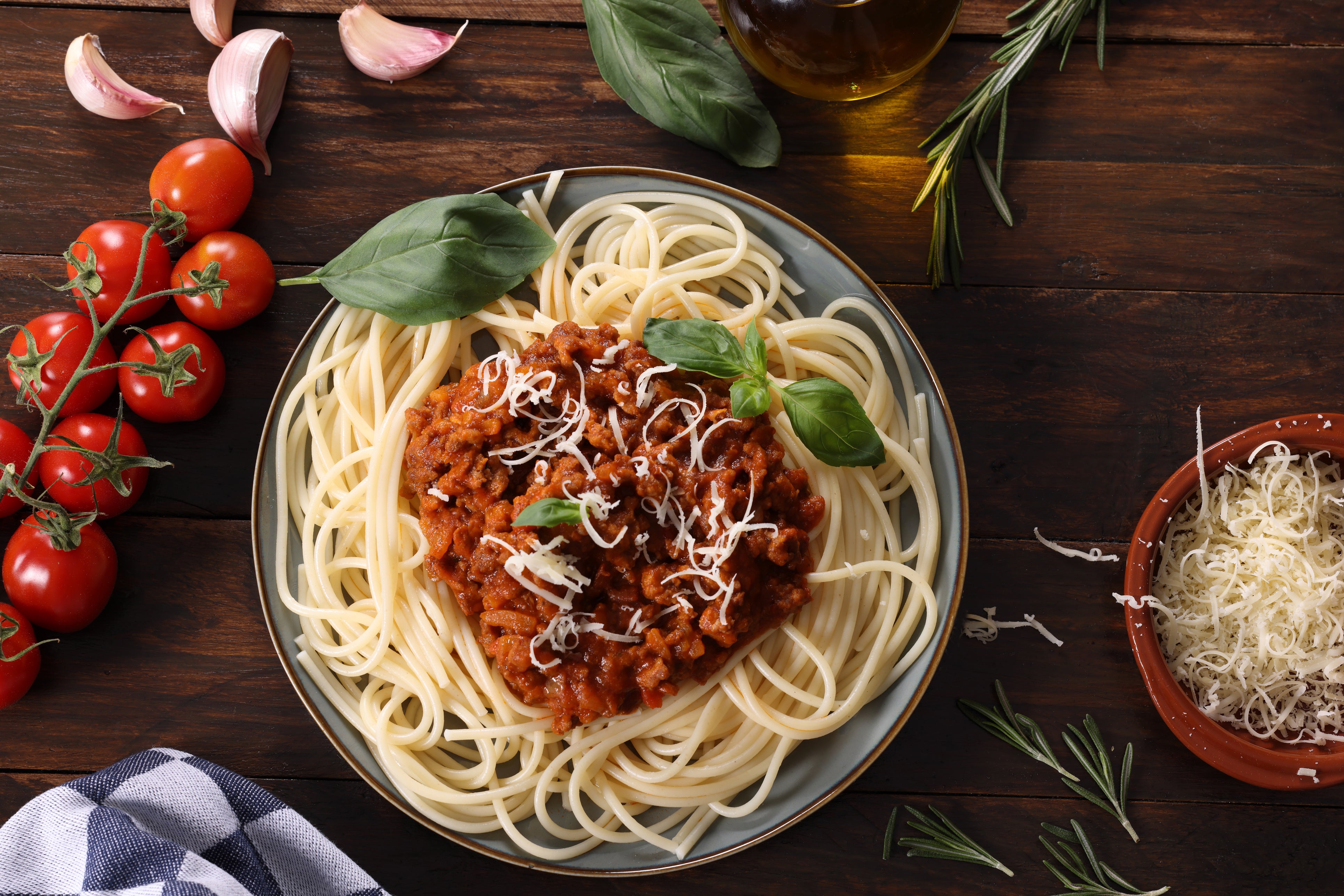Nobel scientist sparks outrage by advising Italians to cook pasta without gas
‘It would be a disaster’, said a leading chef

Your support helps us to tell the story
From reproductive rights to climate change to Big Tech, The Independent is on the ground when the story is developing. Whether it's investigating the financials of Elon Musk's pro-Trump PAC or producing our latest documentary, 'The A Word', which shines a light on the American women fighting for reproductive rights, we know how important it is to parse out the facts from the messaging.
At such a critical moment in US history, we need reporters on the ground. Your donation allows us to keep sending journalists to speak to both sides of the story.
The Independent is trusted by Americans across the entire political spectrum. And unlike many other quality news outlets, we choose not to lock Americans out of our reporting and analysis with paywalls. We believe quality journalism should be available to everyone, paid for by those who can afford it.
Your support makes all the difference.A Nobel Prize-winning physicist has advised Italians to save gas by turning it off when cooking pasta, prompting disbelief and fury from chefs.
Quantum theorist, Giorgio Parisi, 74, recommended that Italians add pasta to a pan of boiling water, bring it to the boil, wait two minutes, put a lid on, and then switch off the gas.
In a video shared to social media, the scientist from Sapienza University in Rome, claims that “at least eight minutes of energy consumption” is saved by using this method.
He said: “The most important thing is to keep the lid on, a lot of heat is lost through evaporation. After boiling the pasta, I put the gas on minimum, so that it boils very little without consuming.
“You can also try to turn it off, as suggested in this post, which is not mine, but Alessandro Burisi Vici's, and which I simply shared. Obviously, this way, less gas is consumed and the pasta is cooked evenly.”
Leading chefs have contested the theory, however, with Antonello Colonna saying that pasta cooked in this way would turn rubbery.
“I remember it well when at my parents’ house the gas cylinder went out just as the spaghetti was cooking,” he told Italian newspaper La Repubblica.
“And when that happened, [we] were in trouble, because the consistency of the product was now compromised.”
Elsewhere, chef Luigi Pomata said: “It would be a disaster. Let’s leave cooking to chefs while physicists do experiments in their lab.”

Despite this, Italian Pastai of Unione Italiana Food, estimated that adoptees of the controversial approach could save up to 47 per cent of the energy they normally consume.
The news comes days after Russia’s state-controlled natural gas supplier, Gazprom, announced that its Nord Stream 1 pipeline, which supplies gas to much of Europe, would remain closed indefinitely.
The move increases the prospect of blackouts and economic turmoil across the continent.



Join our commenting forum
Join thought-provoking conversations, follow other Independent readers and see their replies
Comments